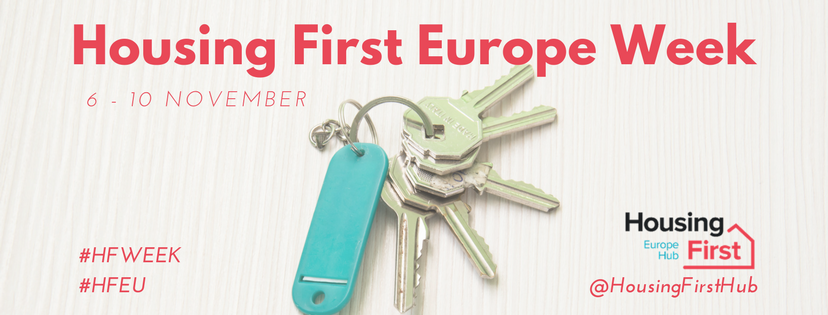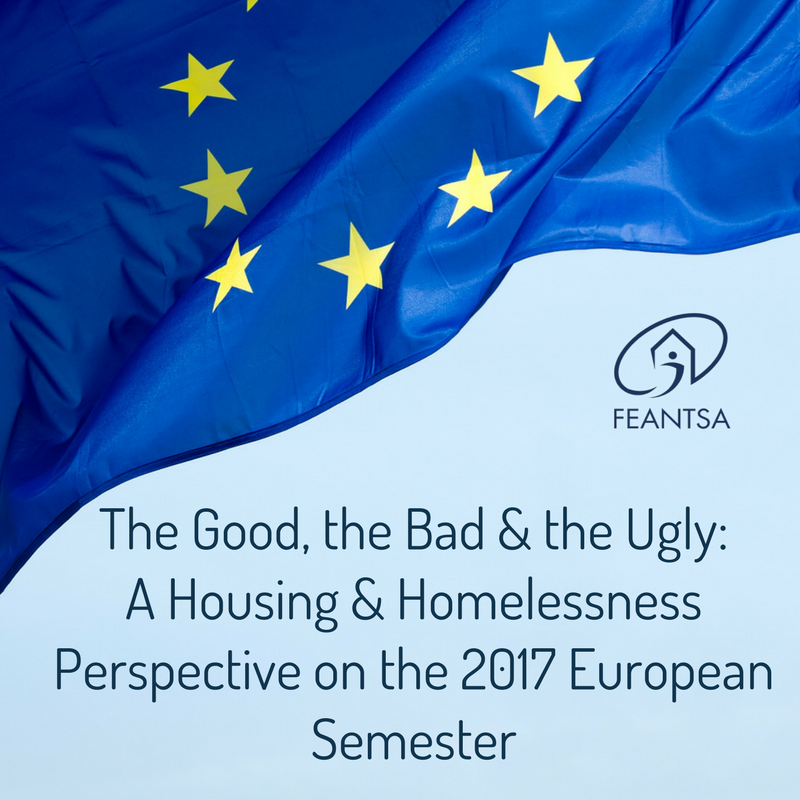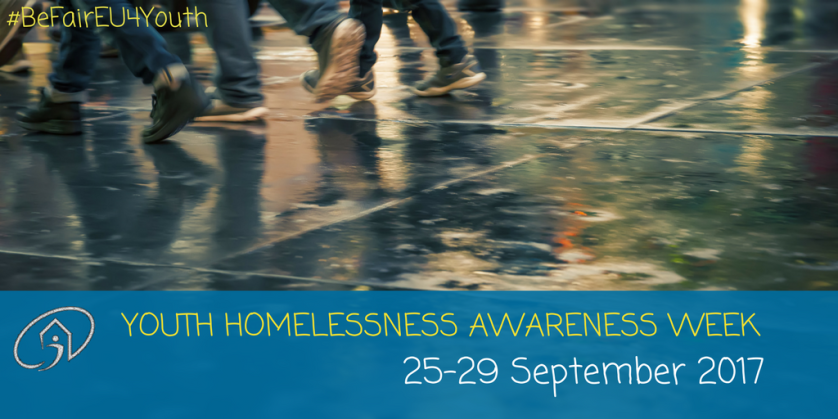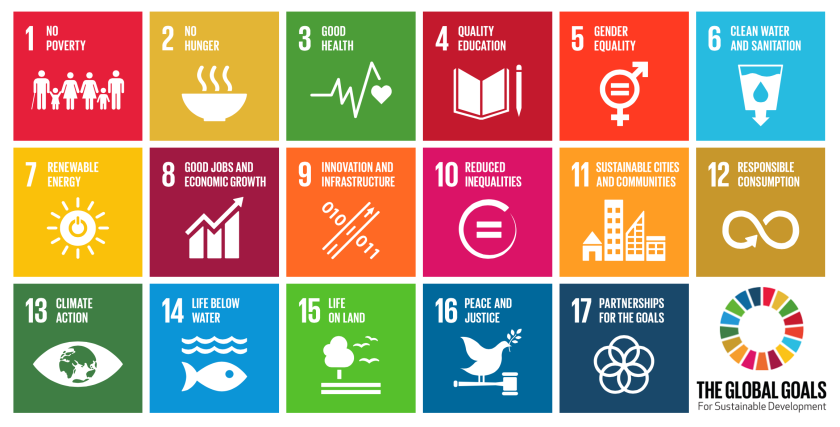 Guest editor: Samara Jones, FEANTSA Policy Officer
Guest editor: Samara Jones, FEANTSA Policy Officer
Can we really end homelessness?
This is a question often asked to those working in the homeless sector. The short answer is yes. I would argue that Housing First plays an important role in tackling homelessness.
Housing First is surprisingly easy to explain. If you start by providing someone with a safe, secure place to live, it just makes sense that it will be easier to wrap services around the person and support them to access the help that they need, when they need it.
Over the past decade, the concept of Housing First has gained ground in Europe. Dozens – if not hundreds – of pilot projects have helped to contribute to the growing body of evidence that Housing First really does work. Experimental projects and subsequent studies in Canada, France and elsewhere have demonstrated that 80 to 90% of people who are provided with access to independent, stable and secure accommodation maintain their first home, and in general have much better outcomes in terms of health, mental health, and reconnection with family members than people who are not residents of Housing First programmes.
We recognise that Housing First works as a project, but we also know that it has the potential to transform systems and to work on a much bigger scale.
In Europe we tend to look to Finland as the leader on Housing First. Over the past 15 years, Finland has effectively eradicated street homelessness. It is one of the very few – if not only – jurisdictions in Europe where the number of homeless people is declining. We turn to Finland to ask how they managed to achieve this, and what it might mean for other countries. Some of the answers to these questions can be found in a new book, A Home of Your Own, which Y-Foundation recently published.
Last year, Y-Foundation and FEANTSA established a joint-venture to take Housing First to the next level. With approximately 15 other partners (foundations, NGOs, governments and experts), Y-Foundation and FEANTSA created the Housing First Europe Hub.
The Hub’s partners are working to provide and share relevant research, training and practice to support the scaling up of Housing First. Some highlights from our first year include:
- A feasibility study, entitled Scaling Up Housing First in a Major City. The study, commissioned by our partner Crisis in the UK, looks at what it would take for a city (in this case: Liverpool) to shift to a homelessness response that puts Housing First at the centre of the system. The report’s findings are relevant not just for Liverpool, but also for other cities who are ready to make a commitment to Housing First. The Hub will publish a roadmap based on this study to provide insights into how a city can plan for and then shift to Housing First as its default approach to tackling homelessness.
- Housing First for Youth. Hub partners Rock Trust and Focus Ireland, along with Hub advisors from A Way Home Canada and the Canadian Observatory on Homelessness, have been working to develop a set of resources to support organisations seeking to adapt Housing First for young people. It is essential to consider the specific and different needs of young people who are homeless, and as such, a new definition, new training materials, and other supports are required. A pilot project has started in Scotland and we will start training on in January 2018.
- Training is crucial to making Housing First a success. With the growing interest in Housing First in Europe comes a growing demand for training. The Housing First Europe Hub will use the Housing First Europe Guide – which is now available in English, French, Italian, Spanish, Czech, and Hungarian (with German and Swedish coming soon), to develop and deliver a ‘Train the Trainer’ education programme to support trainers as they work in their local communities.
- The Hub is also sharing and building on Housing First research.
This is just the beginning of our work to develop and share tools that can support the scaling up of Housing First. We believe Housing First is part of the solution to ending homelessness in Europe. The Hub and its partners are keen to work with others who are dedicated to this mission, and are ready for the exciting challenges ahead.










 Emma Nolan, FEANTSA Communications Officer
Emma Nolan, FEANTSA Communications Officer
 Guest editor: Robbie Stakelum, FEANTSA Policy Officer
Guest editor: Robbie Stakelum, FEANTSA Policy Officer Guest editor: Chloé Serme-Morin, FEANTSA Project Officer
Guest editor: Chloé Serme-Morin, FEANTSA Project Officer 


 Guest editor: Robbie Stakelum, FEANTSA Policy Officer
Guest editor: Robbie Stakelum, FEANTSA Policy Officer